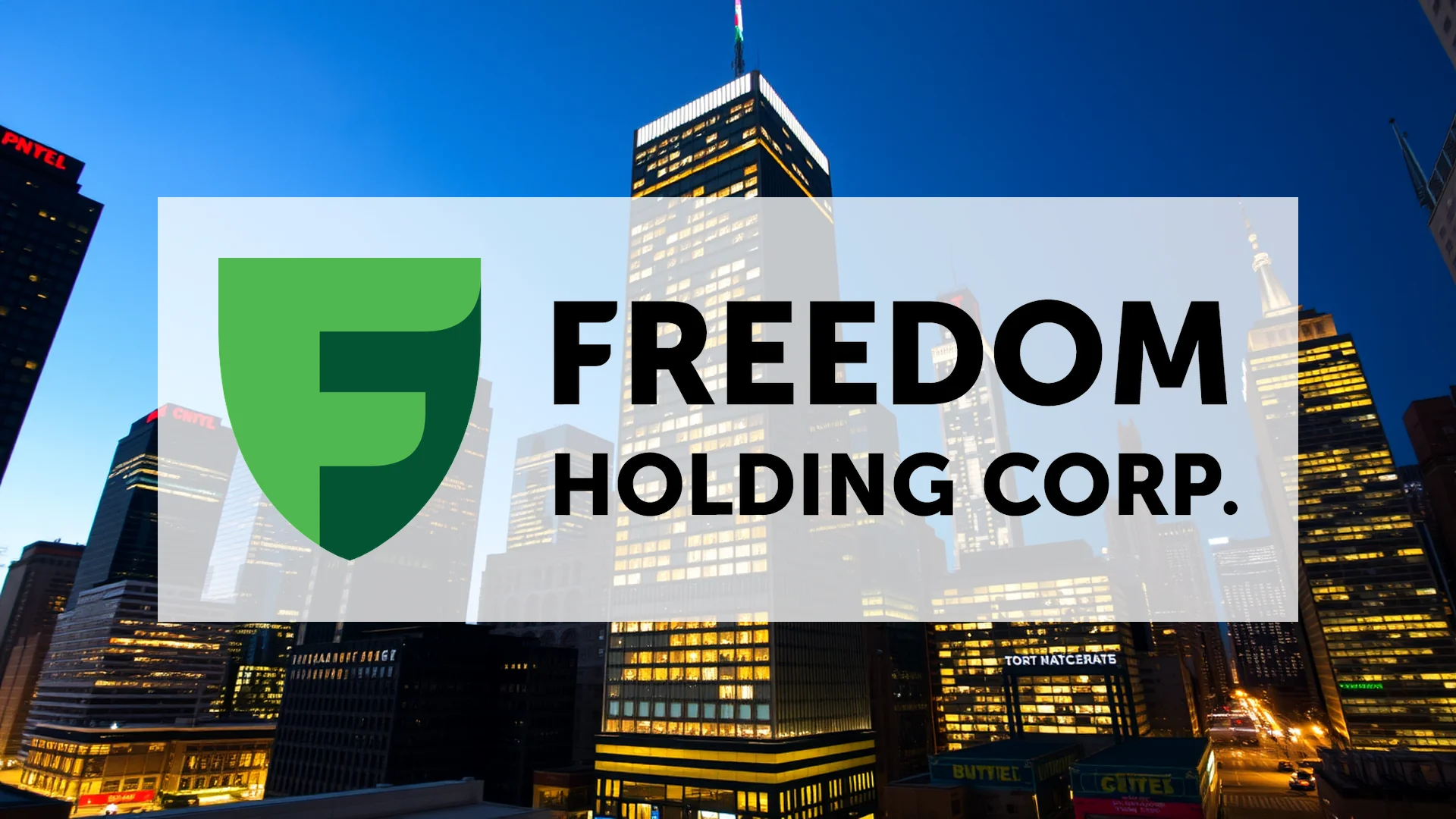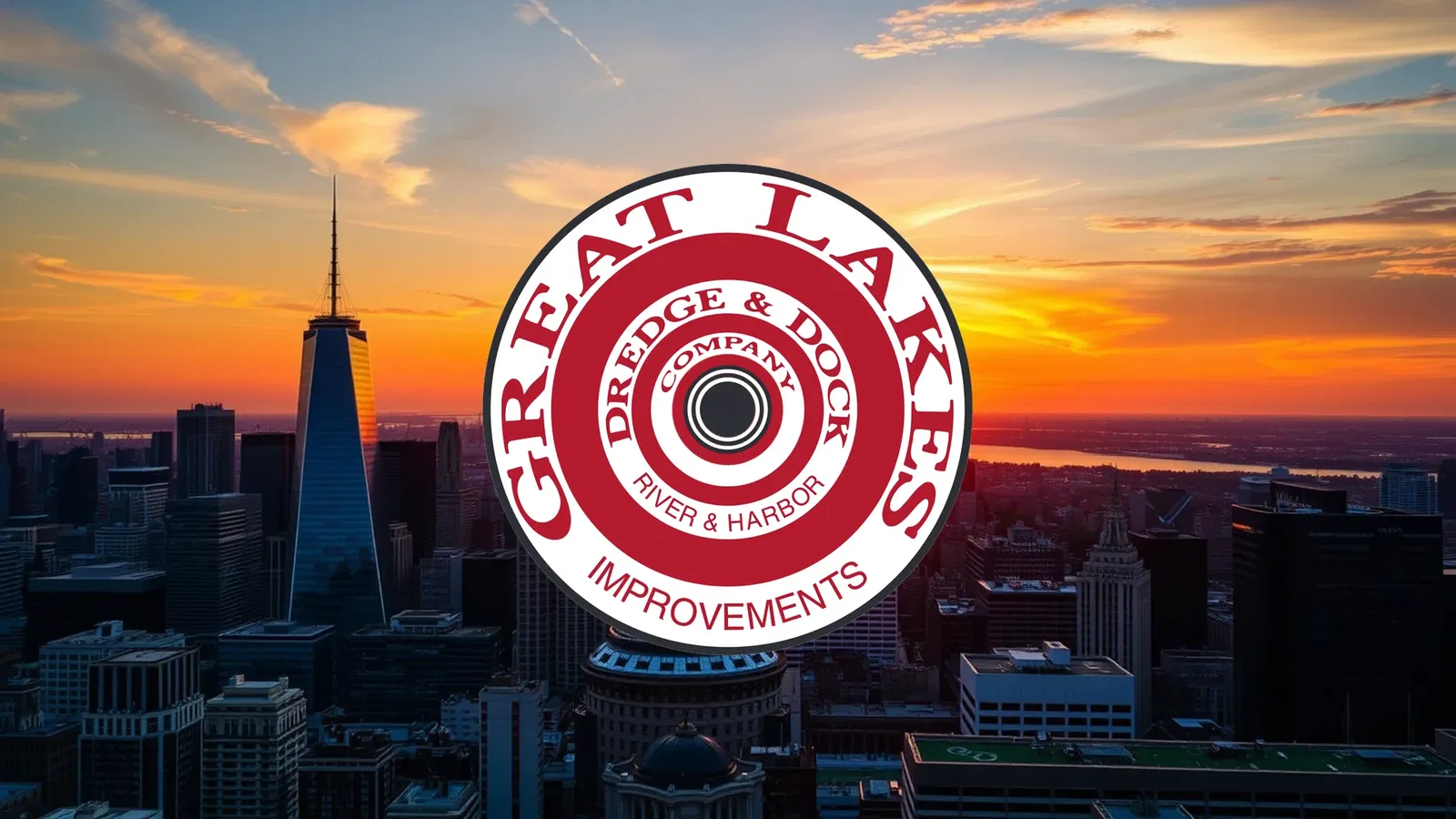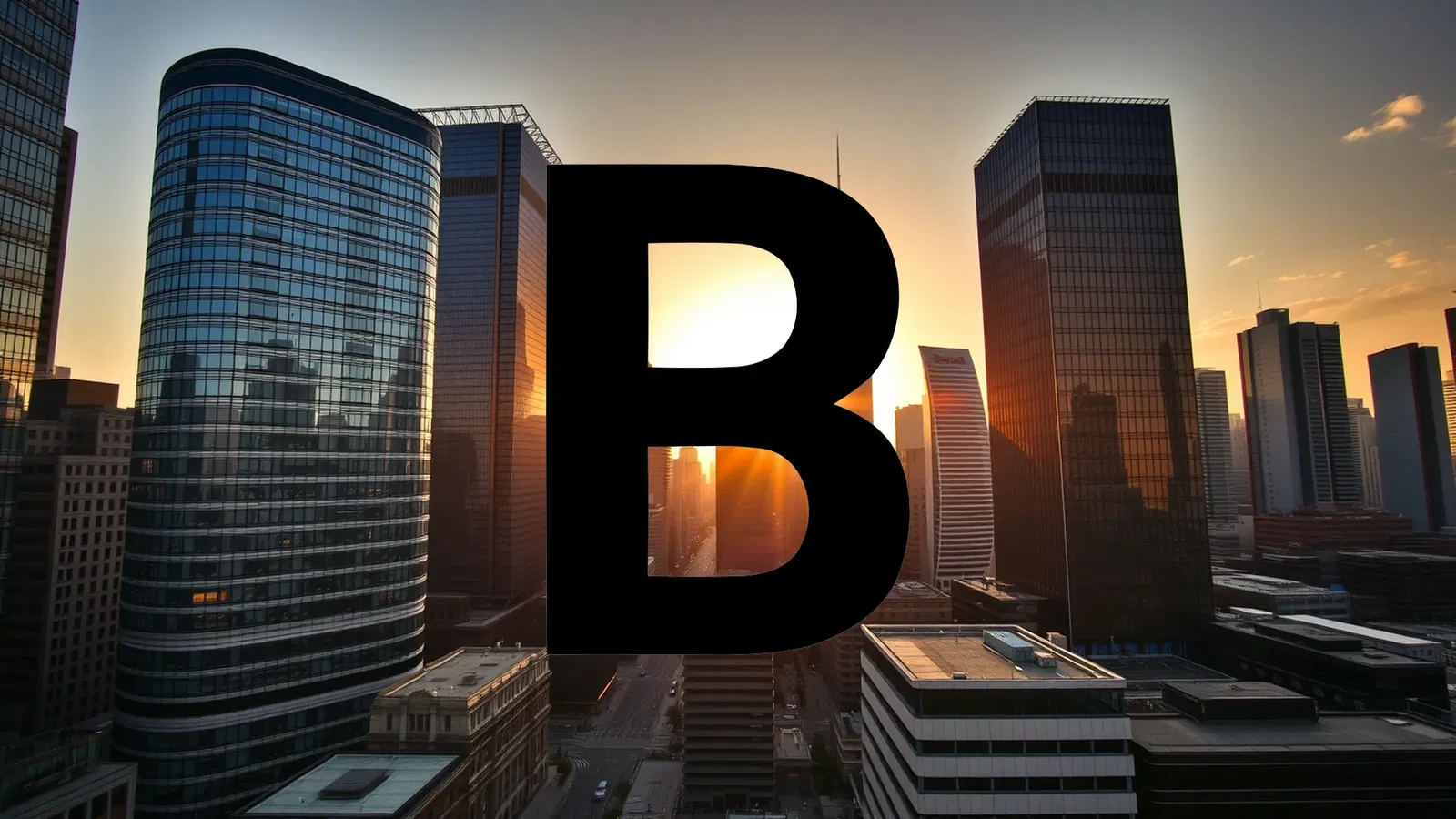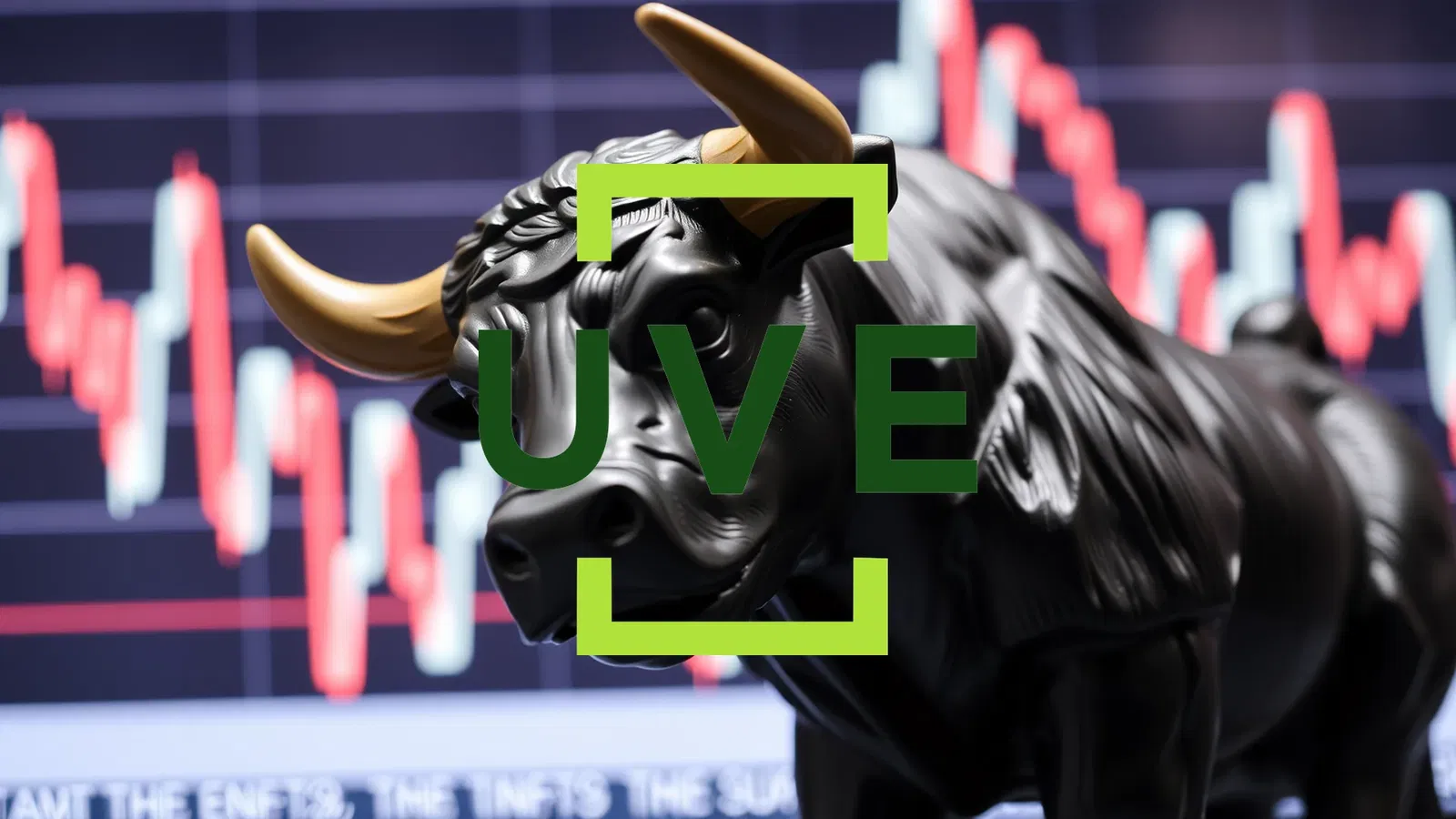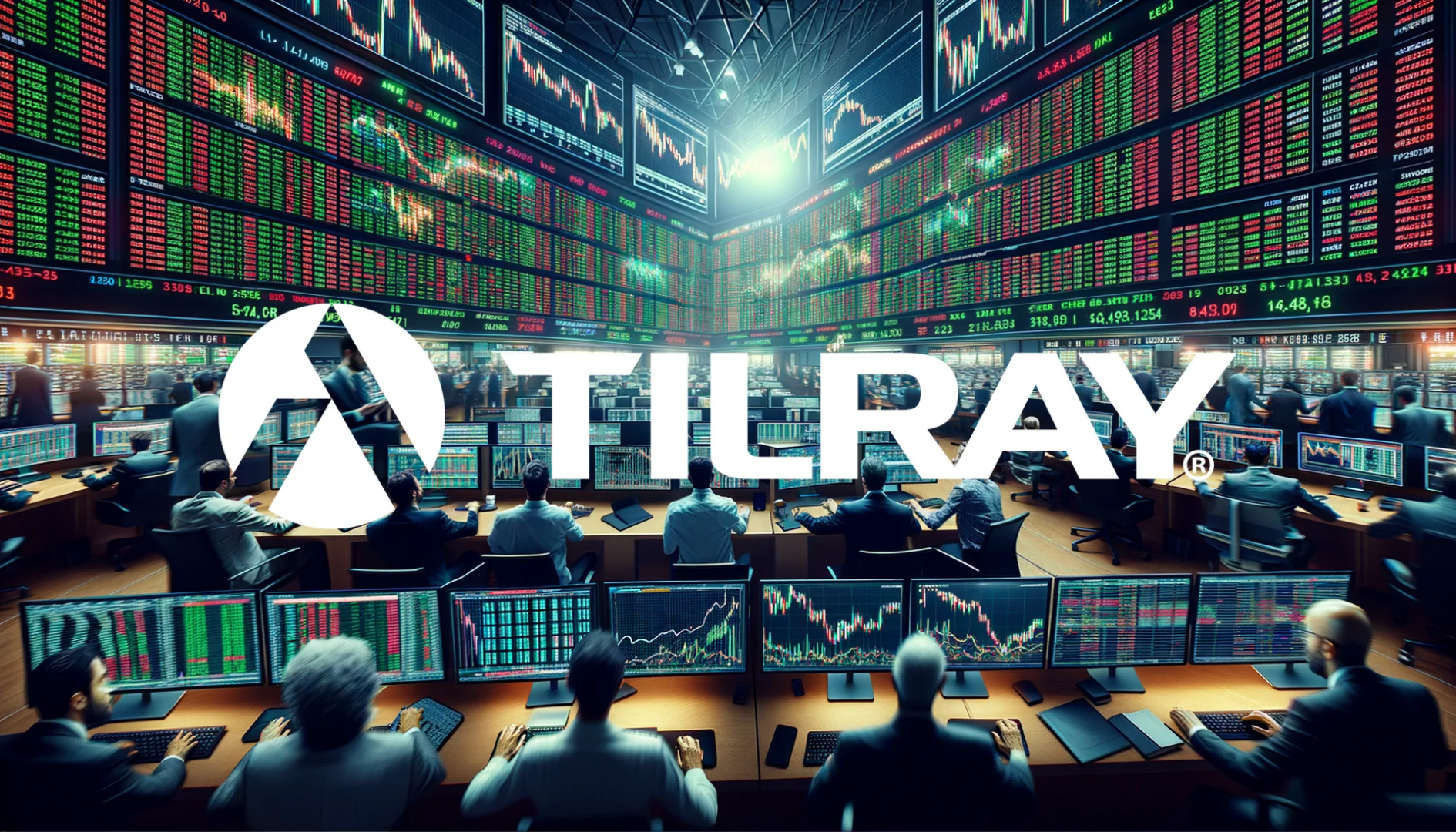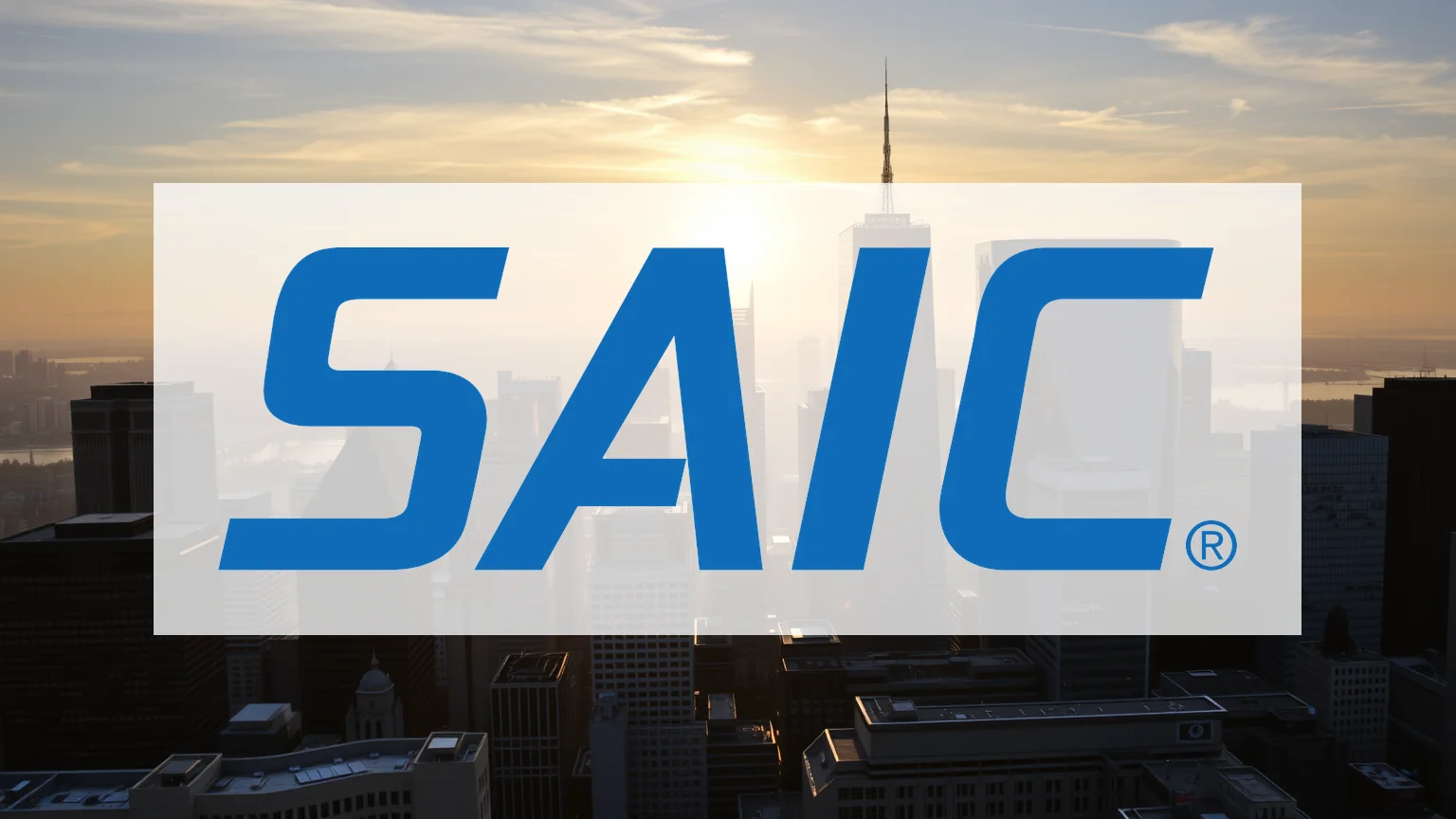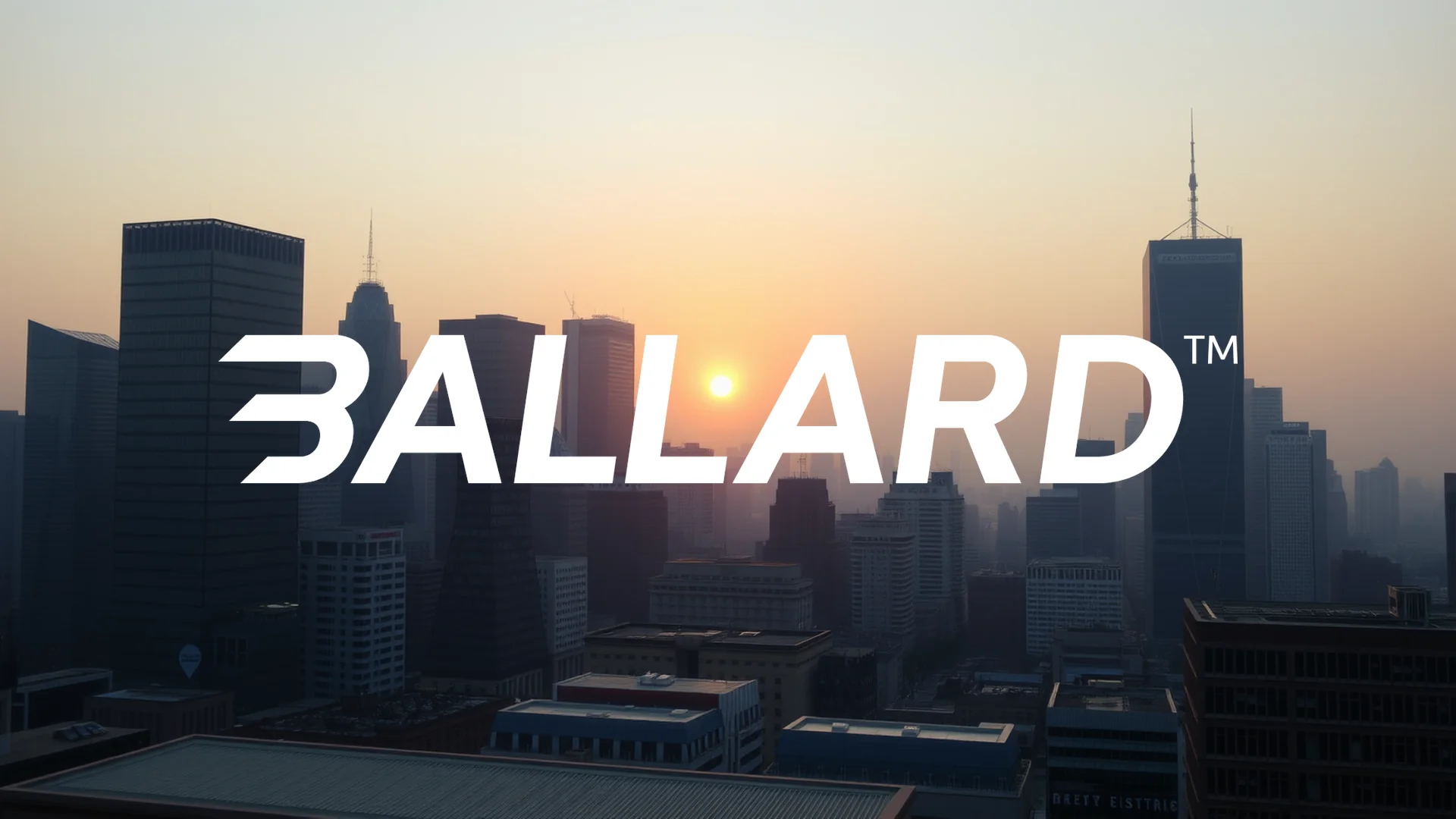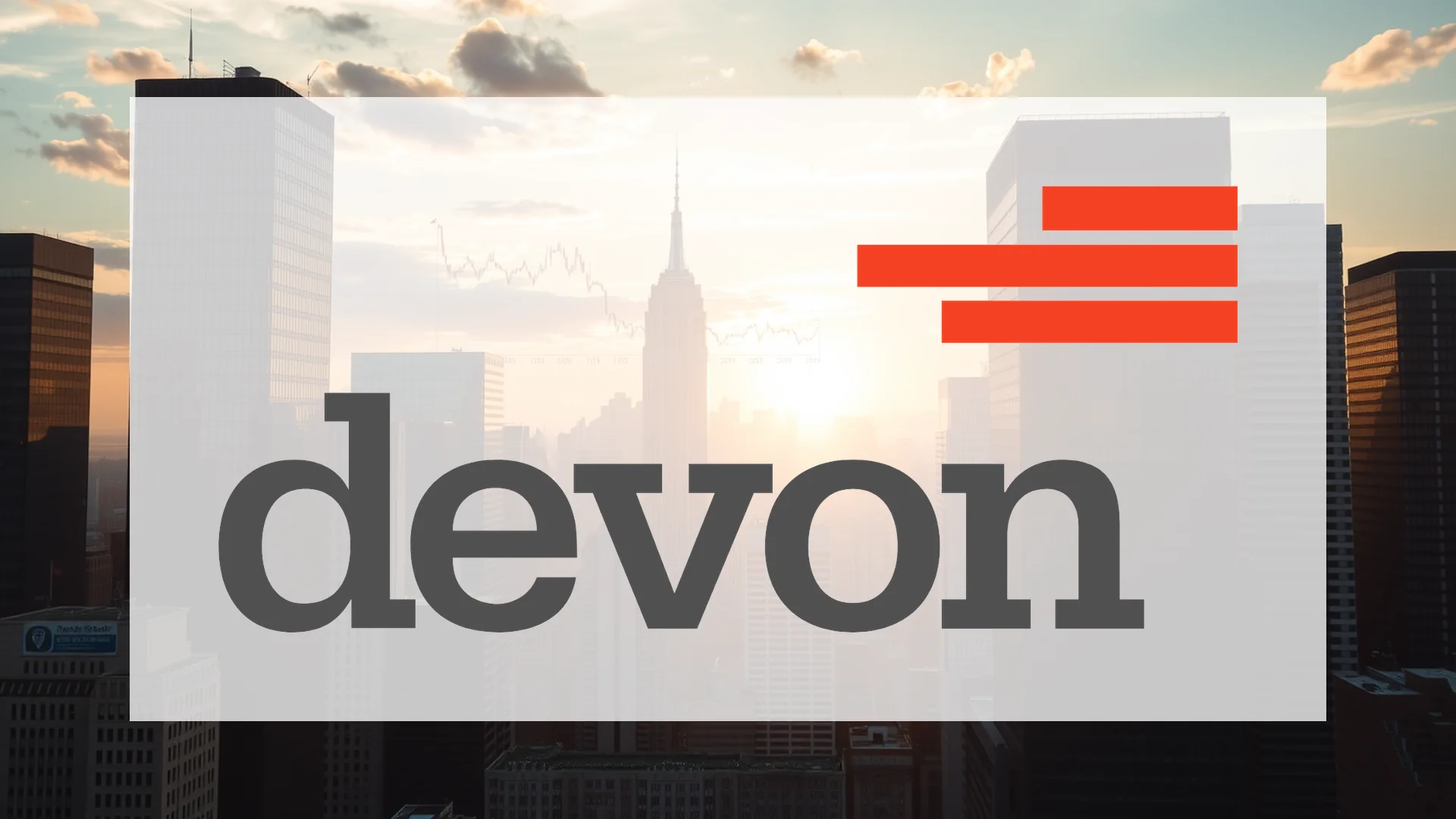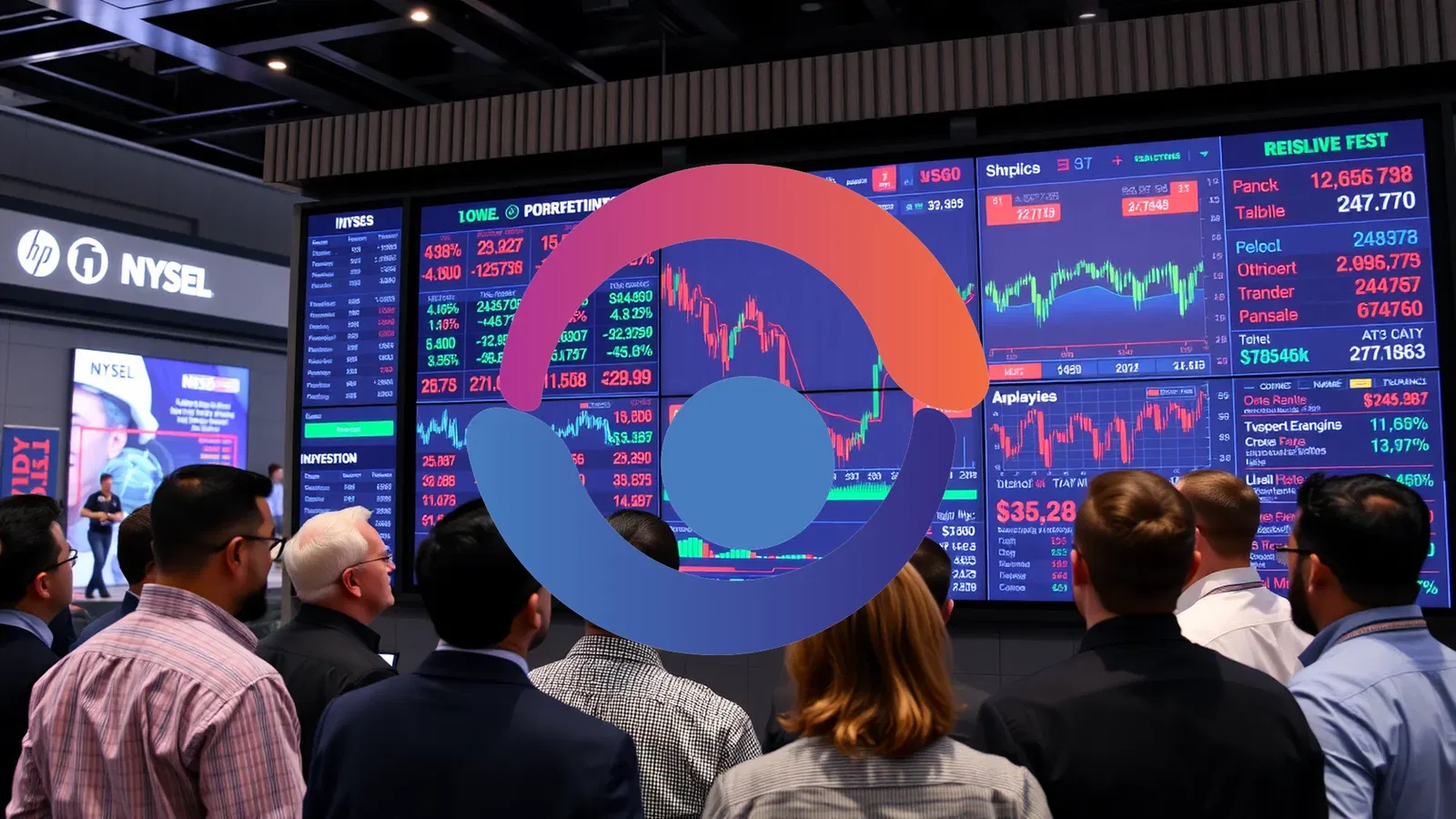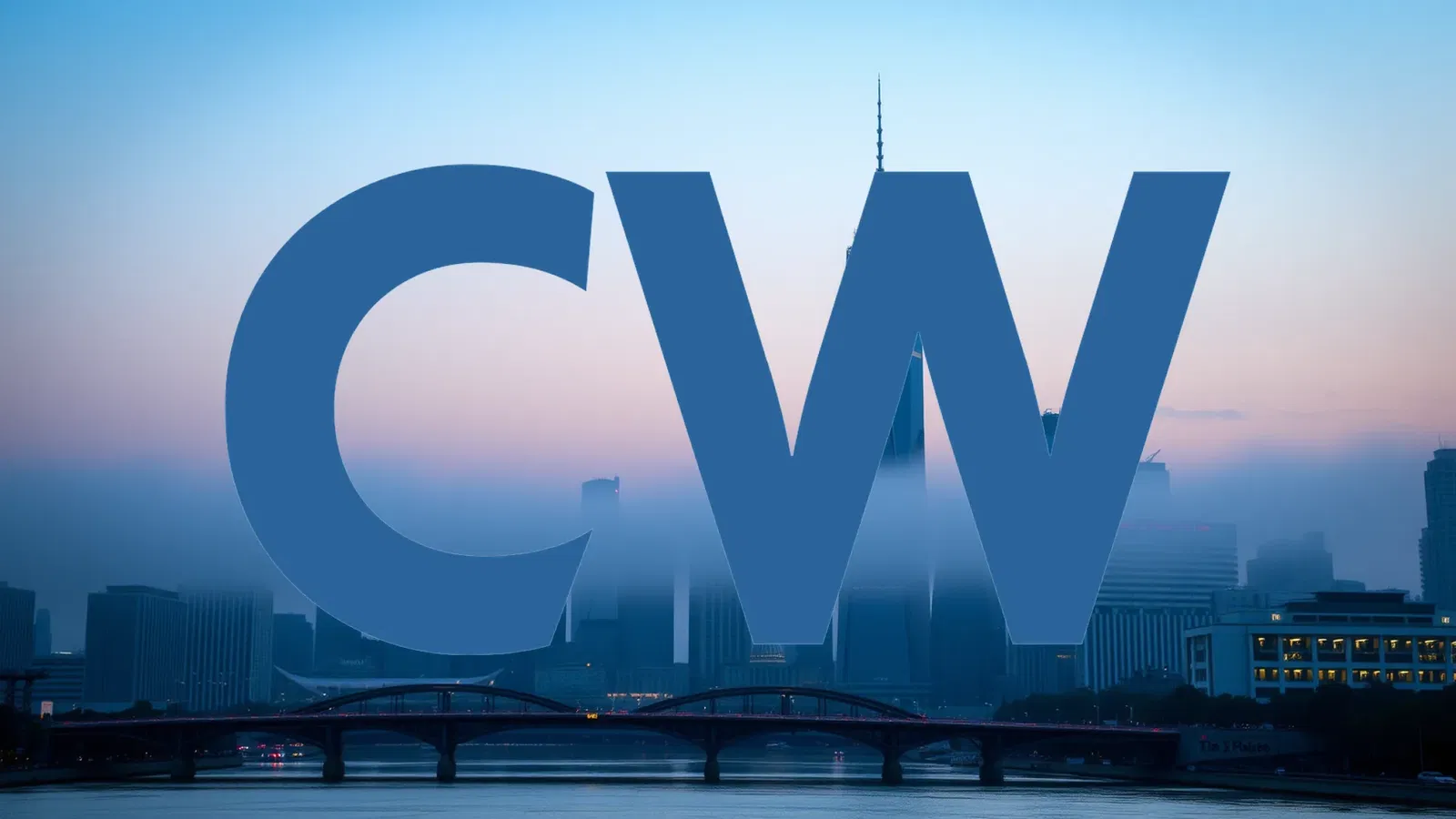In a significant move that has captured market attention, BlackRock, the world’s largest asset manager, has substantially increased its stake in the financial services provider Freedom. This investment, valued at approximately $89 million, instantly elevates BlackRock to the position of the company’s second-largest shareholder, trailing only founder and CEO Timur Turlov.
The investment giant acquired an additional 443,965 shares, bringing its total holdings to 520,565, which represents a 0.85 percent stake in the company. Market observers are interpreting this substantial purchase not merely as a transaction but as a powerful endorsement of Freedom’s long-term strategic direction, despite the firm facing notable profitability challenges.
Fresh Capital for Strategic Moves
This capital infusion was part of a private placement finalized in late August. Freedom successfully raised a total of $89 million from a consortium of international institutional investors. The participant list included not only BlackRock but also other major players such as State Street Corp., Grace Partners, and Geode Capital Management. The newly acquired funds are earmarked to provide Freedom with greater flexibility for business expansion and to bolster its financial reserves.
Growth Amidst Profitability Concerns
Beneath the surface of this headline-grabbing investment, a complex financial narrative is unfolding. Freedom’s operational performance reveals a stark contrast between top-line growth and bottom-line results. For the fiscal year ending March 2025, the company reported a 23 percent surge in revenue, reaching $2.05 billion. However, this impressive growth was overshadowed by a dramatic collapse in net profit, which plummeted from $375 million to just $84.5 million. Consequently, earnings per share fell from $6.33 to $1.40.
This pattern of rising revenues coupled with compressed margins persisted into the first quarter of 2026. The company posted a further 17 percent revenue increase, primarily driven by its insurance and banking divisions, while profitability remained under significant pressure.
Should investors sell immediately? Or is it worth buying Freedom?
A Lofty Valuation Under Scrutiny
The widening gap between the company’s growth and its profitability is directly reflected in its market valuation. Freedom currently trades at a price-to-earnings (P/E) ratio of 125. This valuation dramatically exceeds the industry average of 19.2 and the broader U.S. capital market average of 27.3. This premium suggests that the market is pricing in substantial future growth expectations, even though current earnings appear to offer little justification for such optimism. Despite this disconnect, Freedom’s stock delivered a remarkable gain of 71.49 percent last year.
An Aggressive Expansion Strategy
Freedom’s overarching strategy appears to prioritize rapid expansion above all else. The company already maintains a operational presence in 22 countries and is now pushing into telecommunications and media markets within Kazakhstan—a move supported by a recent $200 million bond issuance. In a further demonstration of its growth-focused approach, Freedom acquired Astel Group for $22.6 million in April 2025.
This expansion is paralleled by rapid growth in its client base. The number of retail brokerage customers increased from 530,000 to 683,000, while its banking clientele surged from 904,000 to 2.5 million.
The central question for investors remains: Can Freedom translate its massive growth and this fresh capital into sustainable, profitable returns, or will its ambitious expansion ultimately result in costly operations with thin margins? With its recent $89 million investment, BlackRock has already placed its bet.
Ad
Freedom Stock: Buy or Sell?! New Freedom Analysis from February 7 delivers the answer:
The latest Freedom figures speak for themselves: Urgent action needed for Freedom investors. Is it worth buying or should you sell? Find out what to do now in the current free analysis from February 7.
Freedom: Buy or sell? Read more here...

